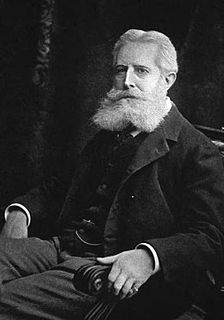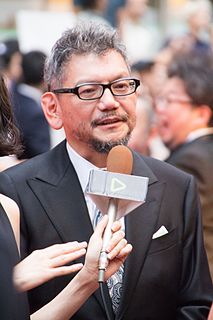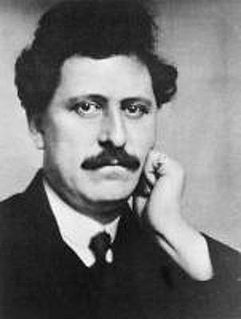A Quote by Patrick Rothfuss
It's the questions we can't answer that teach us the most. They teach us how to think. If you give a man an answer, all he gains is a little fact. But give him a question and he'll look for his own answers.
Related Quotes
But in the end, science does not provide the answers most of us require. Its story of our origins and of our end is, to say the least, unsatisfactory. To the question, "How did it all begin?", science answers, "Probably by an accident." To the question, "How will it all end?", science answers, "Probably by an accident." And to many people, the accidental life is not worth living. Moreover, the science-god has no answer to the question, "Why are we here?" and, to the question, "What moral instructions do you give us?", the science-god maintains silence.
We can each sit and wait to die, from the very day of our births. Those of us who do not do so, choose to ask - and to answer - the two questions that define every conscious creature: What do I want? and What will I do to get it? Which are, finally, only one question: What is my will? Caine teaches us that the answer is always found within our own experience; our lives provide the structure of the question, and a properly phrased question contains its own answer.
Wes Clark is a man of whom you can ask a question, and he will look you directly in the eye, and give you the most truthful and complete answer you can imagine. You will know the absolute truth of the statement as well as the thought process behind the answer. You will have no doubt as to the intellect of the speaker and meaning of the answer to this question....So you can see, as a politician, he has a lot to learn.
Prayer is a salve for every sore, a remedy for every malady; and when we are afflicted with thorns in the flesh, we should give ourselves to prayer. If an answer be not given to the first prayer, nor to the second, we are to continue praying. Troubles are sent to teach us to pray; and are continued, to teach us to continue instant in prayer.
Evangelion is like a puzzle, you know. Any person can see it and give his/her own answer. In other words, we're offering viewers to think by themselves, so that each person can imagine his/her own world. We will never offer the answers, even in the theatrical version. As for many Evangelion viewers, they may expect us to provide the 'all-about Eva' manuals, but there is no such thing. Don't expect to get answers by someone. Don't expect to be catered to all the time. We all have to find our own answers.
Books are never out of humour; never envious or jealous, they answer all questions with readiness; ... they teach us how to live and how to die; they dispel melancholy by their mirth, and amuse by their wit; they prepare the soul to suffer everything and desire nothing; they introduce us to ourselves.




































